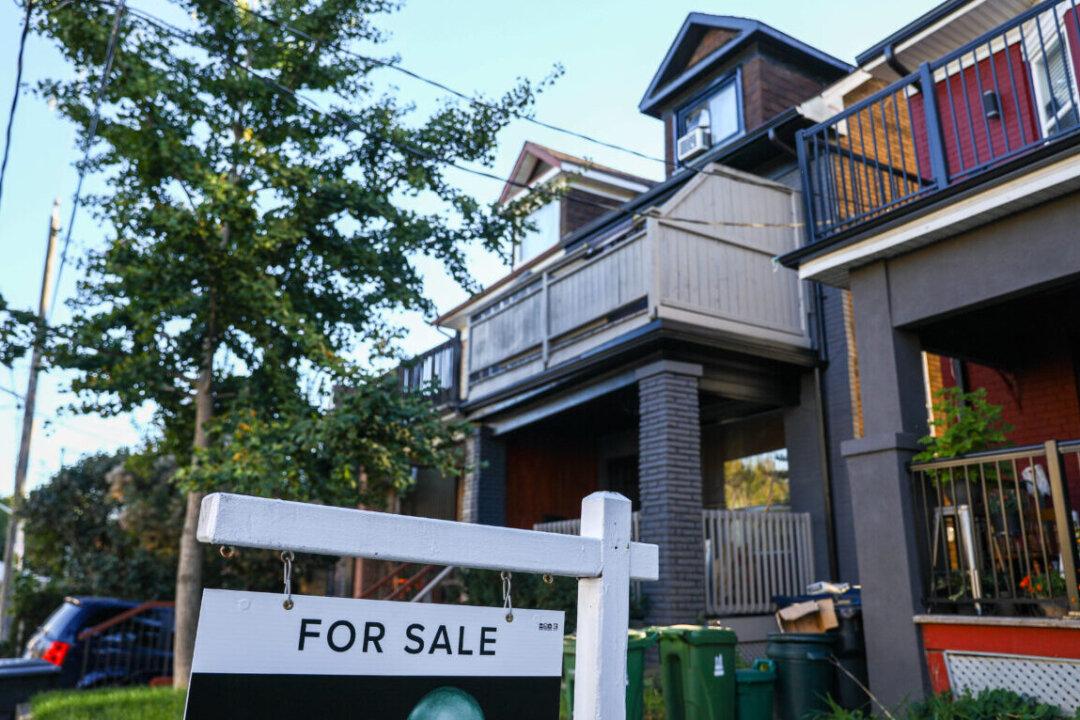The Canada Mortgage and Housing Corporation’s executive bonus compensation totalled almost $27 million in 2022, according to the Canadian Taxpayers Federation (CTF). Since the beginning of 2020, the CMHC has handed out $75 million in bonuses, amidst a housing affordability crisis.
“If the CMHC’s number one goal is housing affordability, then it doesn’t make sense to shower employees with bonuses and balloon its C-suite compensation while Canadians can’t afford to buy a home,” said CTF federal director Franco Terrazzano in a news release.





